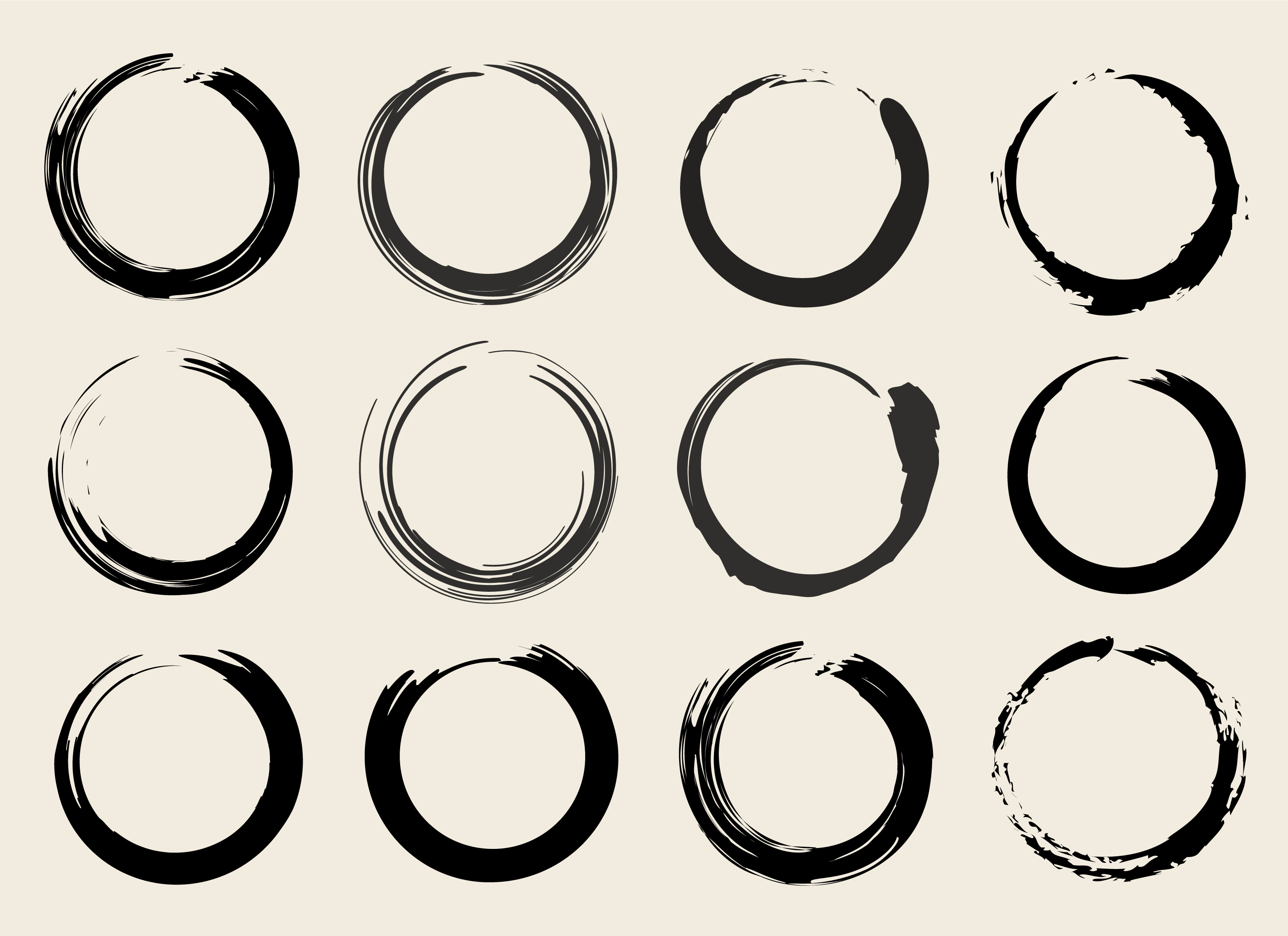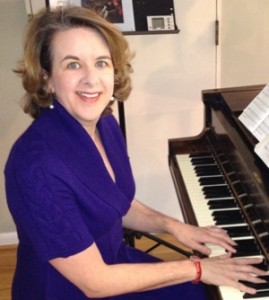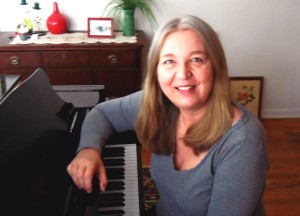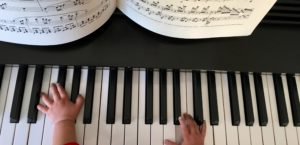I have often walked by my piano, even though I know that when I play I solve problems better, I am more peaceful, and I have a sense of positive fullness.
As an international expert in innovation, I spend a lot of time asking senior executives in boardrooms, offices, and even under trees in jungles to find time to refresh themselves by doing things they like. This allows their brains to work through tough work-related emotions and challenges without their having to consciously process facts and feelings. Rest often leads to better perspective and more creative solutions.
However, I myself need to have integrity about “finding time.” I offer two observations about how I am overcoming my resistance to practicing for my adult piano lessons.
1. Stating clear goals.
I recently re-read a series of free verse poems published as daily newspaper columns in the 1920s by Don Marquis. The protagonist, Archy, was a cockroach. In a prior life, Archy was a vers libre poet. Each night the cockroach struggled with a manual typewriter to write his poems before the staff came in. The first line read:
expression is the need of my soul
(As a cockroach he couldn’t shift on the typewriter, so there were no capital letters.)
This fictional cockroach was clear on why he wanted to write, and then he went for his goal with entrepreneurial vigor. We too as pianists must be clear on why we want to play. We will have to sacrifice something else, so let’s be clear about what we are getting for what we are giving up.
Being as clear as Archy on our needs and seeing those needs as legitimate presents a tough challenge for time-starved people. Why? Because the din of activity distracts us from clarity.
In my life, I have a destructive habit of taking care of others before myself. Activity distracts me from asking, “What would I like?” and answering it in ways that help me flourish. After many years, I realized that putting myself last is not due to nobility but fear (sometimes duty). I have had to confront the idea that I am afraid that I am not enough.
Once I see this fear and name it, I can make a wise choice about the future. I choose to make time to enjoy my one precious life. I will then take the steps to prioritize things that give me joy.
2. Weeding out perfectionism.
A second observation is about perfectionism. Here’s how it works with me: At times I do not play because I don’t like how it sounds. I miss notes. I fumble. I don’t play as well as the people I see at the symphony. I blurt out things in my mind like, “You’re not as good as your teacher!” It’s true, but it’s hardly helpful.
Where does this lack of self-compassion come from? No one starts out perfect. We all must be humble and learn.
My personal solution came in the form of the ensō circle. This Zen element represents the imperfect start of a creative act. I found that when I gave myself permission to start and to be imperfect, then I found time to practice.
I found the courage to not pay attention to the outcome, and the patience to not become a piano hero overnight. As a result of this patient self-compassion, I found the time. I encouraged my heart. I let go of my ego’s need to be perfect. I actually enjoyed the gap between my current level and my teacher’s. There are mountains I have not yet climbed, and this is exciting to me now.
As pianists, creators of temporary art, the journey is ultimately our reward. And it is a lifelong journey that can be savored, but only if we have courage to stand up for our need to practice. It’s our inner game, not our calendar, that will determine whether or not we practice.
One of my favorite quotes about the journey comes from Eleanor Roosevelt, who said, “Courage is more exhilarating than fear and in the long run it is easier. We do not need to become heroes overnight.”
I wish you courage to feed your spirit with music.





0 Comments